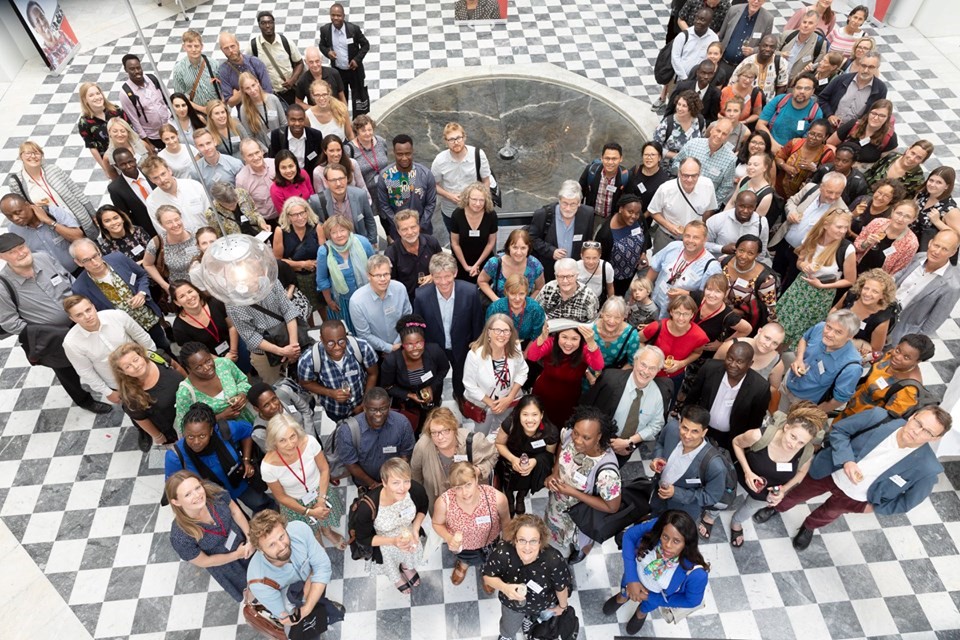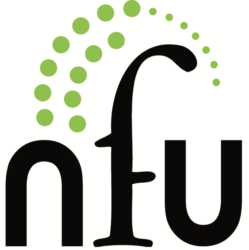The 5th Joint Nordic Conference on Development Research that NFU co-organized with our sister institutions (Denmark’s FAU, Finland’s FSDR, and Swedish’s SDSN) on 27 and 28 June 2019 has been successfully implemented. The conference was hosted by the Copenhagen Business School and attended by more than 150 participants from across the globe.
The conference titled “Knowledge Production in North-South Collaboration: Challenges in an Era of New Global Divides” had 2 keynote speakers. The first one was delivered by Prof. Gurminder Bhambra, Professor of Postcolonial and Decolonial Studies in the School of Global Studies, University of Sussex titled “Neoliberal Inequalities and Colonial Histories: Knowledge Production, Borders, and Reparations”. And the second one was delivered by Melissa Leach, Director of the Institute of Development Studies (IDS) at the University of Sussex titled “Addressing Global Challenges Through Engaged Excellence: Pathways and Roadblocks”.
Following each of the keynote speeches, 13 interesting panels were held in the span of the two days: “The SDGs in a North-South Comparative Perspective”, “Perspectives on Research Capacity Building and Research Partnerships in and with the South?”, “An Emerging Field of Knowledge: Business and Development Studies?”, “Religion and Development”, “Exploring the Potential of the Civic Space Concept”, “Development Regionalism in the Global South: Return of Sovereignty?”, “Beyond Old and New Divisions: Informal and Precarious Work in the North and South”, “Capacity Development as Knowledge Production for Efficiency, Safety, and Digitalization at Tema Port, Ghana”, “Building Research Partnerships for Quality and Equity in Eritrean Education”, “Challenging Actors in International Development”, “Social and Environmental Challenges in the South”, “Gender Equality and Sustainable Development”, and “Political Ecology: Politics, Power, and Environmental Change”.
In addition to the keynote speeches and panels, there were also a plenary session on “Agency in a Changing World of Development”, a (pre)book launch on “Business and Development”, Danida alumni prize and the launch of their retrospective study, discussion/conversations at the EADI Roundtable: Development Studies in the New Millenium, and last but not least, closing session on “Knowledge Production in North-South Relations: Experiences and Practices from the Perspectives of Nordic Aid Agencies”.
We are very delighted to see very insightful and interesting conference this year and would like to thank all speakers, panels, paper presenters, moderators, and NFU members for this successful turnout of event.
The special issue of Forum for Development Studies on this theme will be published soon.
Here’s a glimpse of it for those of you who unfortunately couldn’t make it this year. 😊



